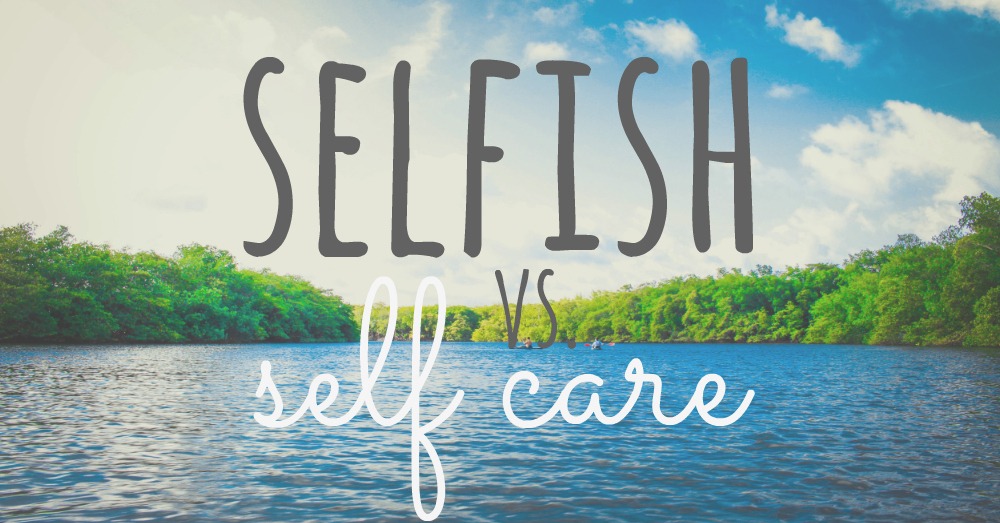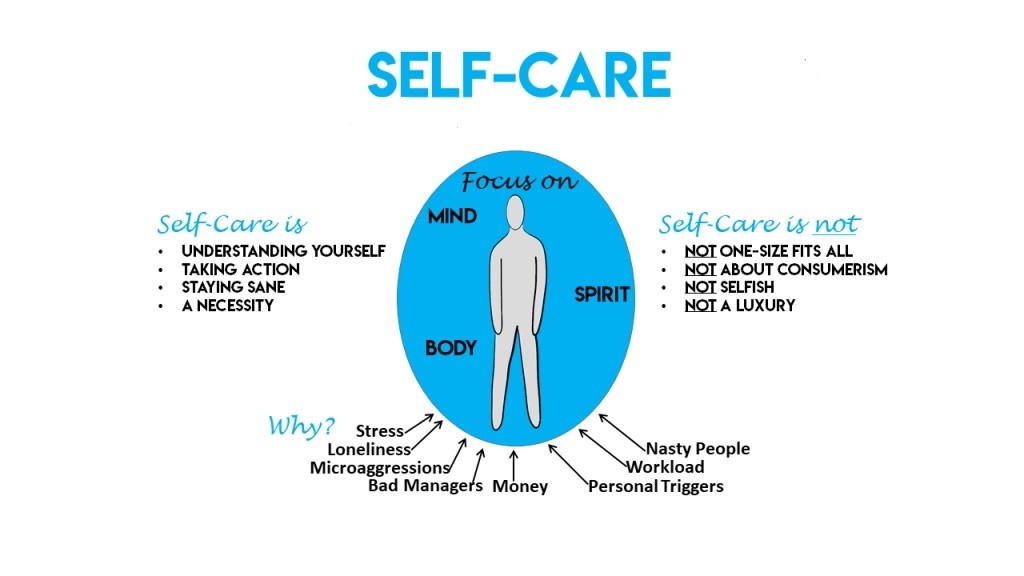The word of the season, trending across the globe: Self-Care.
What does that word
mean? Bubble baths with a glass of wine in hand?
A day at the spa with massages
and facials?
Buying a new handbag?
Self-Care, though rather superficially described on social media, is a lot more than
physical acts of relaxation and getting a dopamine hit from a “treat yourself” moment.
The simple act of going to bed on time every day is a great way to show self-care
towards your physical and mental health. So is the more complicated act of politely
declining to take on more work beyond your capacity.
This word, now overused and tired, has become confused with the word Selfish in
many ways. Especially for someone in recovery from mental health and addiction
issues, the line truly can be blurred between the two.

A recovering addict is told to “be selfish about your recovery”, which simply means
prioritizing recovery above all else, making mindful decisions that do not jeopardize
their recovery and put themselves at risk of relapse. This is indeed the correct way to
approach recovery, as this is something they would need to live with lifelong.
But when does Self-Care become Selfish? The pillars holding up True Self-Care are
diet, sleep, exercise and a healthy support system done regularly. Certainly these
are things one does not compromise on, as it would be detrimental to health. There
are however, isolated things we do to Self-Soothe, which also fall under Self-Care,
such as a night in watching your favorites’ movie on Netflix with a bowl of ice-cream
after a really hectic day at work. Imagine though if this was something that became
regular instead of isolated. It is no longer Self-Care if it is now causing harm to your
body and jeopardizing the very pillars of Self-Care itself.

It becomes more apparent that it is selfish, when it starts to hinder your healthy
relationships with people, when it makes you avoid situations that you need to face
and when it becomes all that you want to do, now classified as addiction.
We have been conditioned, especially as Asians, to put others before ourselves,
wearing ourselves to the bone to serve those we care about. Defining the line where
we need enough energy and resources in order to serve others, is truly a tight line
that many of us are walking on. As we understand ourselves and our needs better,
there is hope that the generations after us set better priorities and boundaries as part
of their Self-Care.
